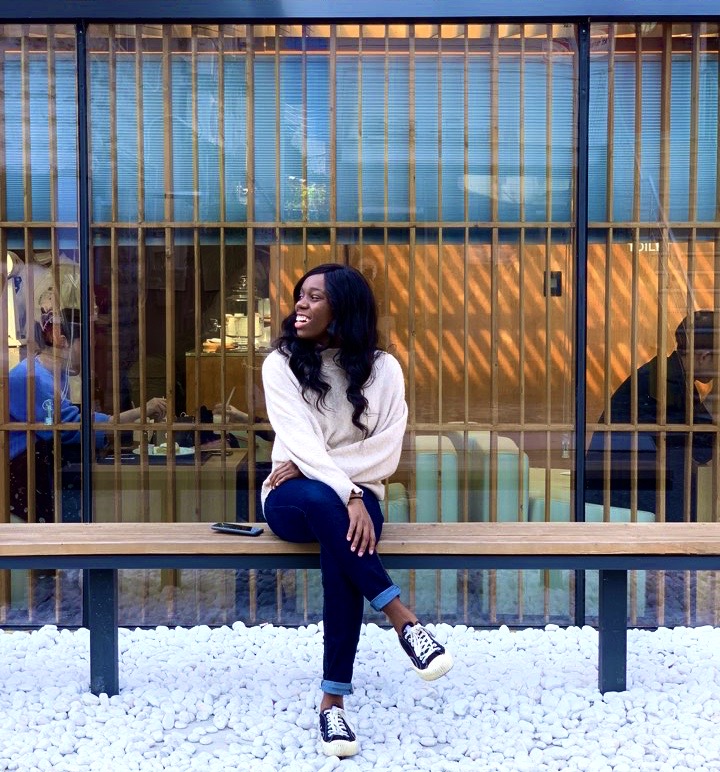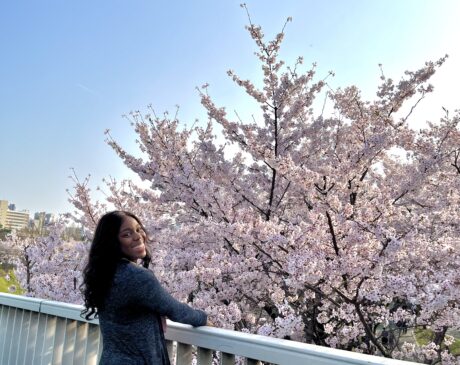I heard once that finding true friendships is rarer to find than true love.
Let’s sit in that for a minute.
.
.
.
Finding a friend who stands the test of time and supports you unconditionally is harder than finding ‘The One’. Like whaaaaaa?
I was watching a video the other day that made me rethink friendships as an adult. I pondered the purpose of adult friendships, how to nurture them, and the friend I want to be. The journey has been eye-opening and today, I want to share some insights and realizations with you.
My Definition of Friendship
What does friendship mean to me? What does a true friend look like to me?
The first time I asked myself this, a list of good friend characteristics came to mind. Things like:
- Present
- Supportive
- Trustworthy
- Accepting
- Real and Honest
- Uplifting
- Comfortable to be around.
- Vulnerable
- Empathetic
I could list a few more, but I think certain standards of friendship are understood. I mean, who wants unsupportive, lying, closed-off friends?
So, I decided to look even deeper into the question. What is it that I really wanted from my adult friendships? Though those are important and essential, I believe I know what friends I want and need in life. But only one word came to mind when I thought about the friendship I desired – intentional.
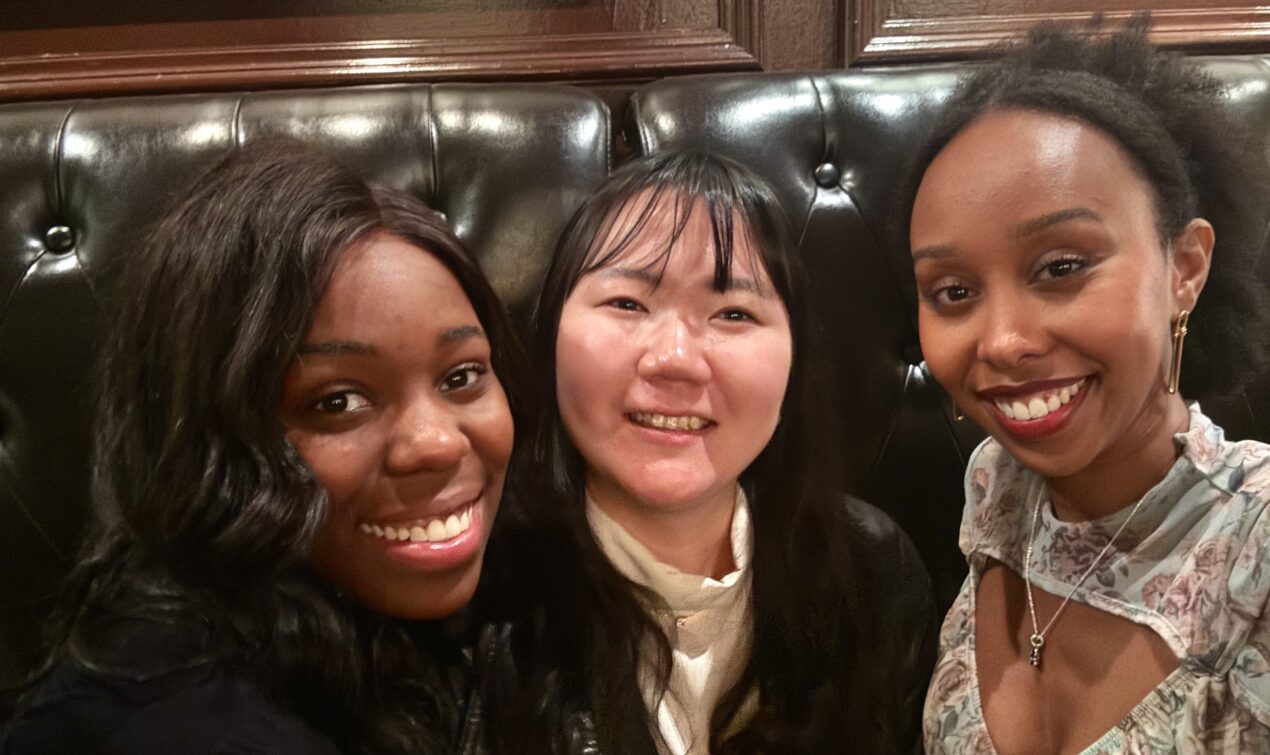
I believe what sets friendships apart in adulthood versus childhood, high school, and university, is intentionality. We don’t have the luxury or time to always be around our friends like we used to, so we get choosier with our time. Real friends are the ones who reach out and check in, even during busy times. When they remember to check in and make time for you when things are getting rough. This, of course, led me to consider the kind of friend I wish to be.
What Kind of Friend Am I?
It’s hard to get an objective view of yourself but, it’s necessary to know the kind of friend you wish to be, the kind of friend your friends need you to be, versus the kind of friend you are.
I don’t know if people think like me, but growing up, I’ve always wanted to be a good friend, a reliable, a trustworthy friend. The desire was so strong that for a while I thought it was my calling.
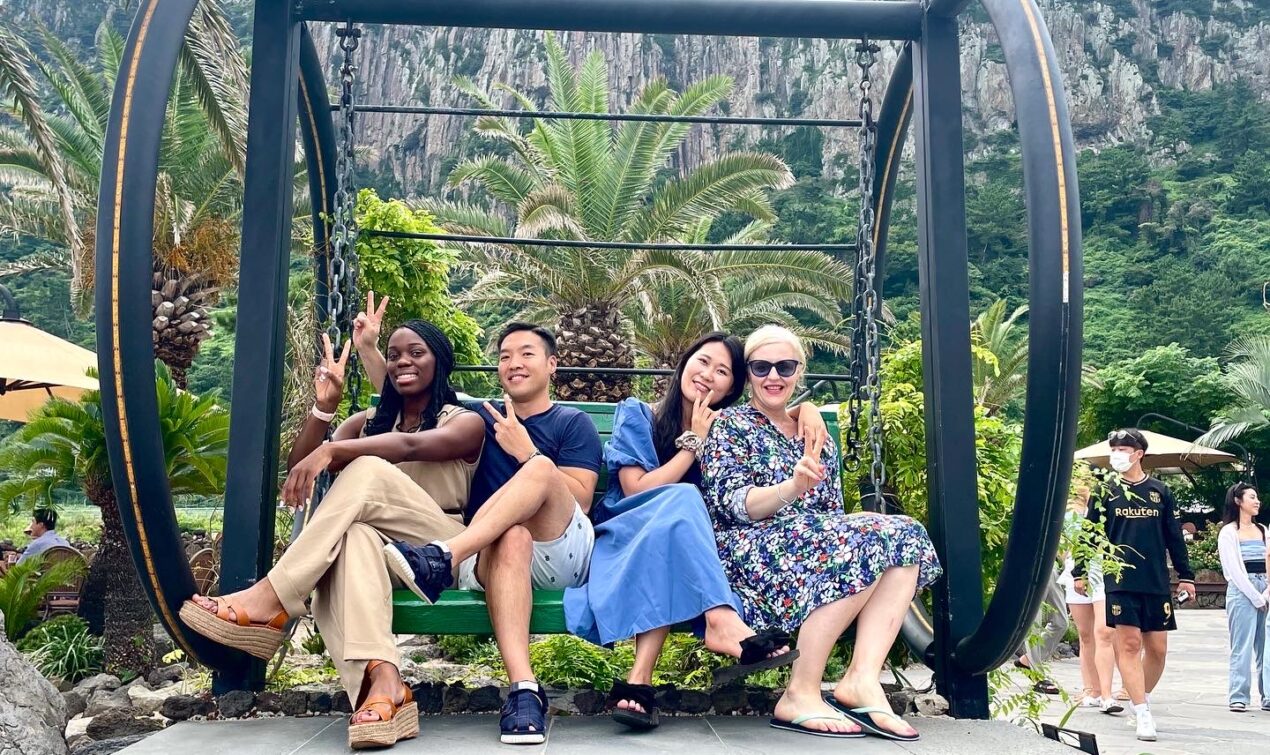
I want the people who entere my life to feel special and valued. I understand that I can’t be a best friend to everyone, nor will everyone like me, but to those I call friends, I want them to know I’ll always have their backs.
But not everyone can accept the full potential of the friendship that you have to offer, nor should everyone have the same kind of access to you. Because honestly, if everyone is special, then is anyone really special?
I’m a friendly person, but I believe that there are levels in friendships and I need to respect the place and level my friends are at instead of trying to give them more than they can handle. A lot of this new insight came from me watching a video on YouTube, and I think this couple breaks it down remarkably. After watching what they had to say, I began to think of the kind of friend I actually am to my friends.
Awkward Questions
So, I took it upon myself to ask a couple of my closest friends the kind of friend they perceive me to be. Honestly, bringing up these kinds of topics can get awkward quickly so, I tried to be smooth about it and started off small.
Question 1: What’s your definition of a real friend?
I wanted to know the kind of friend my friends wanted and needed to have. Then, I followed that question with a more personal, direct question about the friendship that I had cultivated with them over the years.
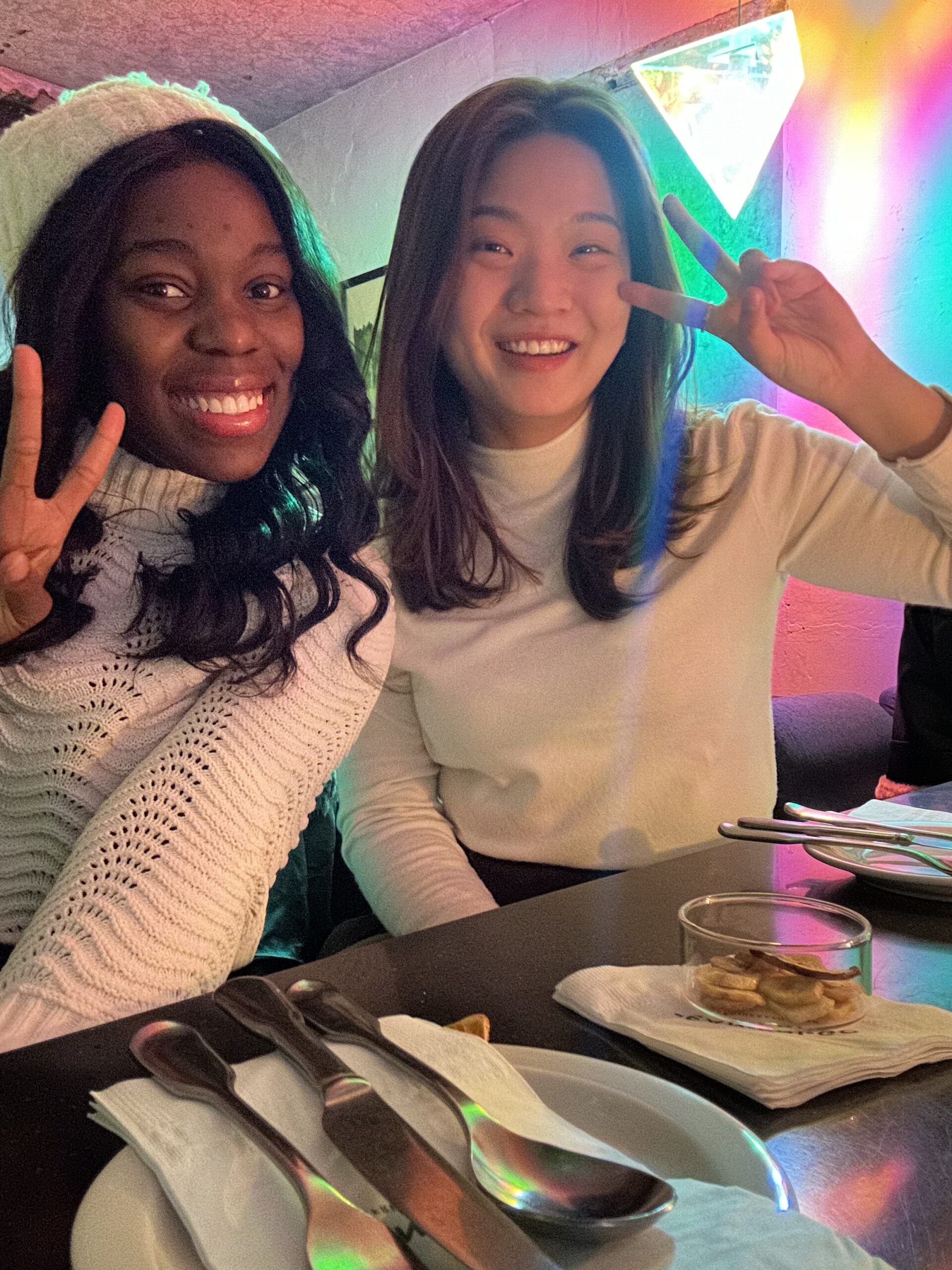
Question 2: Have I been a good friend to you in this season or have I completely dropped the ball? Do you feel like I have been there for you in the ways that you need me too? If not, how can I show up better for you in this season in your life that you may not have needed before, but you need me to do now? How can I be a better friend to you?
I prefaced this question it with the request that they be completely honest. The answers surprised me. Seeing myself from my friend’s perspective was eye-opening. I learned about my strength and weaknesses as a friend. Their honesty made me feel closer to them. I geniunely appreciate their effort in building a stronger friendship.
I would recommend you try having these kinds of open, honest, conversations with your friends.
Continual Nurture
In reflecting on friendships, I’ve realized that finding true companionship in adulthood requires intentionality. It’s about nurturing relationships with those who appreciate and reciprocate our efforts.
Through introspection and candid conversations, I’ve learned to value authenticity and understand that not all friendships will be deep, but each deserves respect. Moving forward, I aim to cultivate meaningful connections and invite you to join me by engaging openly with your friends, ensuring our bonds grow stronger over time.
Here’s to nurturing our friendships and creating lifelong friends. 🥂🥂
Until next time,
~Juu~
